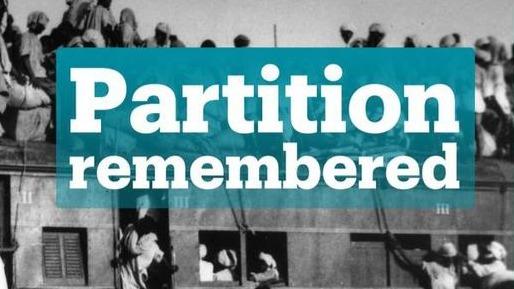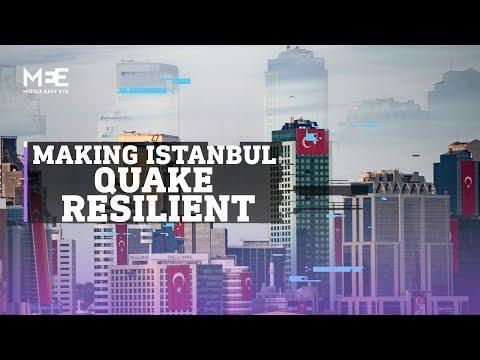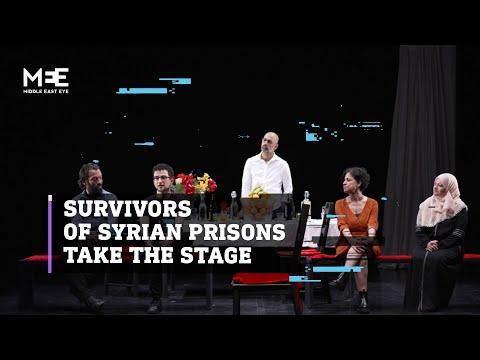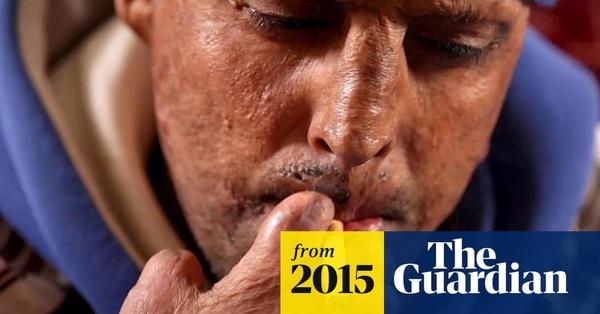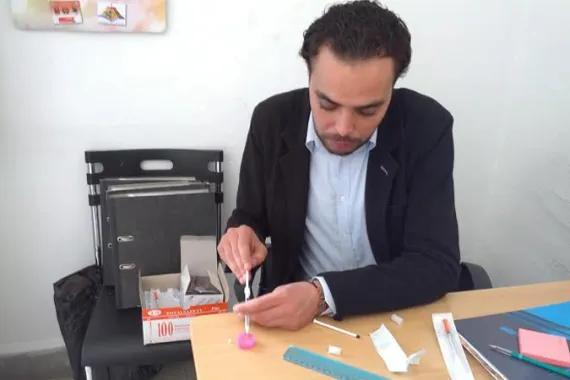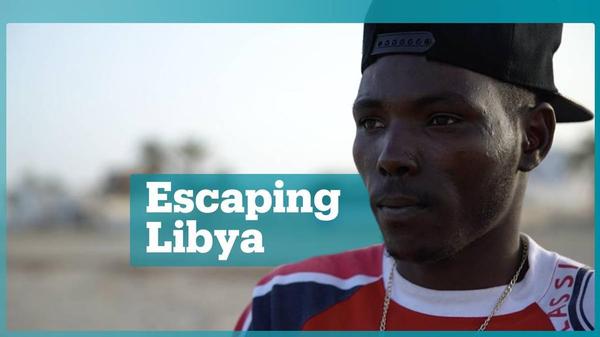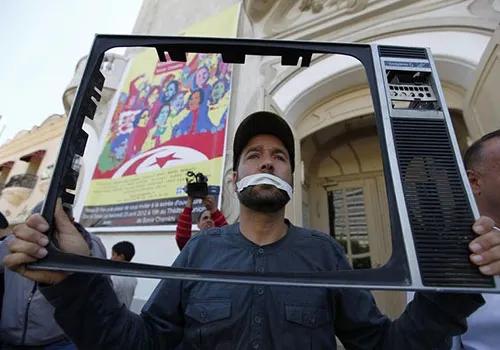

Conflict and war, but most of all overwhelming despair are driving massive numbers of mostly young people from the Middle East and North Africa, Central Africa, the Balkan, Ukraine and Central Asia to leave their homes for Europe in search of safety. What do they need most in order to lead their lives in peace and security? How can opportunities for a meaningful and secure future in their countries of origin be improved? How can the EU – acting in concert with its principles – support these people in their search for freedom, self-determination and well-being? These are the questions addressed in “Escaping the Escape.” The publication features authors from refugee-source countries and experts from Europe who examine the situation in the crisis regions and offer concrete recommendations for actions to be taken in each region.
Countries and regions covered in this publication are: Afghanistan, Algeria and Sahel, the Balkans, Egypt, Eritrea, Gaza, Greece, Iran, Iraq, Jordan, Lebanon, Libya, Morocco, Nigeria, Somalia, South Sudan, Sudan, Syria, Tunisia, Turkey, Ukraine, Yemen.
I wrote the first comprehensive report on Tunisia's press freedom environment after the 2011 revolution for the Committee to Protect Journalists (CPJ). This work included providing a detailed contextual analysis of press freedom before and after the revolution, interviewing key figures such as journalists, press freedom advocates, media experts, and high-profile leaders, including the late Tunisian President Beji Caid Essebsi and former Prime Minister Habib Essid. Additionally, I documented cases of press freedom violations, advocating for policy changes and enhanced protections for journalists and media workers.

